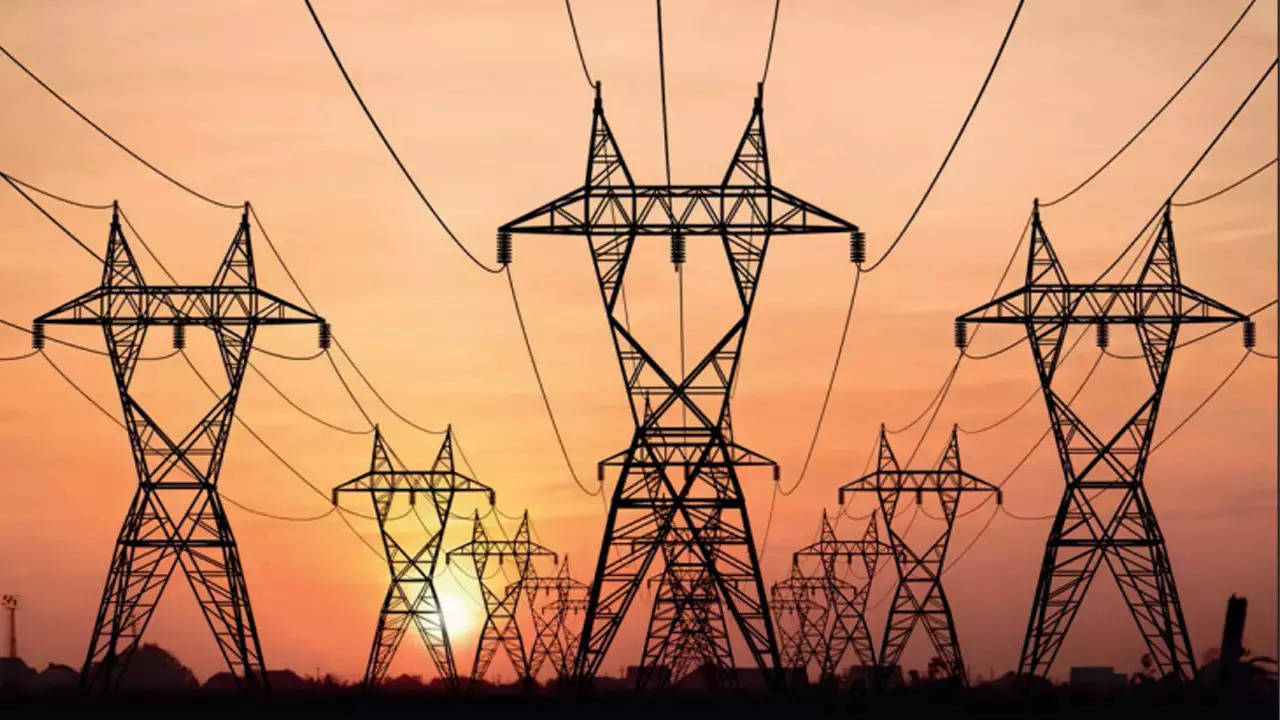Rajasthan
Electricity Subsidy Scheme Leaves Many Disappointed | Jaipur News
JAIPUR: Murlipura resident RP Singh works with a software firm in Sitapura. Last year he purchased a new flat in Jagatpura and shifted with his wife. Recently, he had visited a Mehangai Rahat Camp and had to return disappointed. Officials there told him that he could not register for subsidy in electricity bill for his new flat as only one Jan Aadhaar card can be registered with one K-number to avail the scheme.
“This was utterly disappointing. Till April, I was getting a subsidy of a little more than Rs 600 for a bill of around Rs 2,100 to Rs 2,200. Despite being born and brought up in Jaipur I had been told that I am not eligible under the new scheme,” Singh looked frustrated.
On Friday – the last day of the Mehangai Rahat Camps – officials claimed that the highest registration was done for the electricity subsidy among all other schemes. However, the common people were left disappointed with this scheme as many of them were not allowed to get their electricity connections registered under this scheme due to the limitations.
“The rule under the new schemes states that only one Jan Aadhaar card can be registered with one K-number to avail the scheme. A family, having a single Jan Aadhaar card, who are living separately won’t get subsidy for both houses. Similarly, private and government employees who are working away from the home districts are also not getting benefit of this scheme. In most cases, their landlords are registering the connection which they are using,” said an official. Even government officers managing these camps faced situations like RP Singh. One of the officials claimed that he hails from a district town and is living here in Jaipur on rent for the last two years. Unfortunately, he won’t get to avail the subsidy under the new scheme. “The complex nature of this subsidy had prevented me from getting registered under the new scheme. Back at my parental home, I can apply for a subsidy, but that’s useless because that home is now locked,” the official told TOI, on the condition of anonymity.
District officials had claimed that they had been asked to submit a report on the pros and cons of these camps and they are going to mention this point in the report.
“Ideally, the government should have allowed this scheme for all. Else they could have kept the earlier scheme valid for those who are not able to register under this scheme,” said another official.
“This was utterly disappointing. Till April, I was getting a subsidy of a little more than Rs 600 for a bill of around Rs 2,100 to Rs 2,200. Despite being born and brought up in Jaipur I had been told that I am not eligible under the new scheme,” Singh looked frustrated.
On Friday – the last day of the Mehangai Rahat Camps – officials claimed that the highest registration was done for the electricity subsidy among all other schemes. However, the common people were left disappointed with this scheme as many of them were not allowed to get their electricity connections registered under this scheme due to the limitations.
“The rule under the new schemes states that only one Jan Aadhaar card can be registered with one K-number to avail the scheme. A family, having a single Jan Aadhaar card, who are living separately won’t get subsidy for both houses. Similarly, private and government employees who are working away from the home districts are also not getting benefit of this scheme. In most cases, their landlords are registering the connection which they are using,” said an official. Even government officers managing these camps faced situations like RP Singh. One of the officials claimed that he hails from a district town and is living here in Jaipur on rent for the last two years. Unfortunately, he won’t get to avail the subsidy under the new scheme. “The complex nature of this subsidy had prevented me from getting registered under the new scheme. Back at my parental home, I can apply for a subsidy, but that’s useless because that home is now locked,” the official told TOI, on the condition of anonymity.
District officials had claimed that they had been asked to submit a report on the pros and cons of these camps and they are going to mention this point in the report.
“Ideally, the government should have allowed this scheme for all. Else they could have kept the earlier scheme valid for those who are not able to register under this scheme,” said another official.





